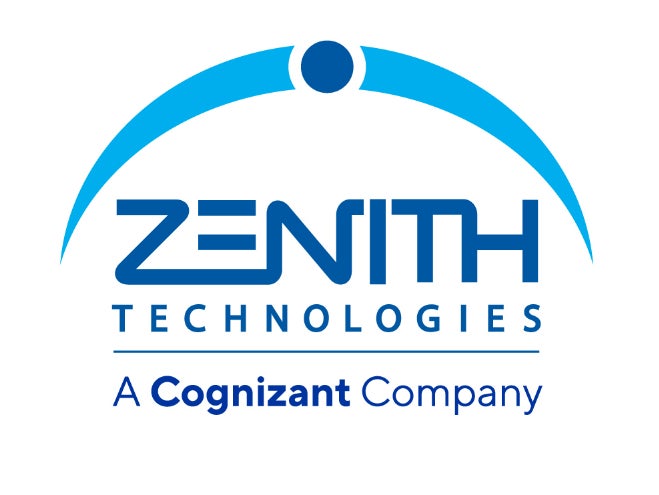Realising the Potential of Single-Use Technology
Zenith Technologies’ global director of managed services David Staunton and global marketing director at GE Healthcare Scott Ripley discussed the benefits and patient impact of single-use technology with Manufacturing Chemist.
The good manufacturing practice (GMP) process adoption of single-use technologies is directly aligned with the need to increase productivity and provide flexible processing schemes that can adapt to the rapidly changing biopharmaceutical market needs.
The implementation of single-use technology in GMP manufacturing is growing rapidly. This is primarily because of the increased yields available using disposable technology, the growth of biosimilar approvals and the acceptance of personalised medicines.
Single-use equipment trains are also enabling innovative start-ups and contract manufacturers to rapidly produce clinical trial material, monoclonal antibodies (mAbs) or cell and gene therapies.
Benefits of a single-use implementation strategy
Both upstream and downstream manufacturing processes benefit from single-use systems. They allow manufacturers to quickly add capacity at lower costs. They also make multiproduct GMP manufacturing easier to implement allowing facilities to respond quickly to changing supply demands.
When a comparison is drawn against stainless steel, the benefits of single-use technology are numerous. They include lower capital cost, greater flexibility, lower environmental impact, as well as more efficient and quicker manufacturing practices.
Single-use technology adoption has led to reductions in capital investment by as much as 25–30% in some cases and increased speed to market by as much as 60%.
This article was originally published on manufacturingchemist.com.



